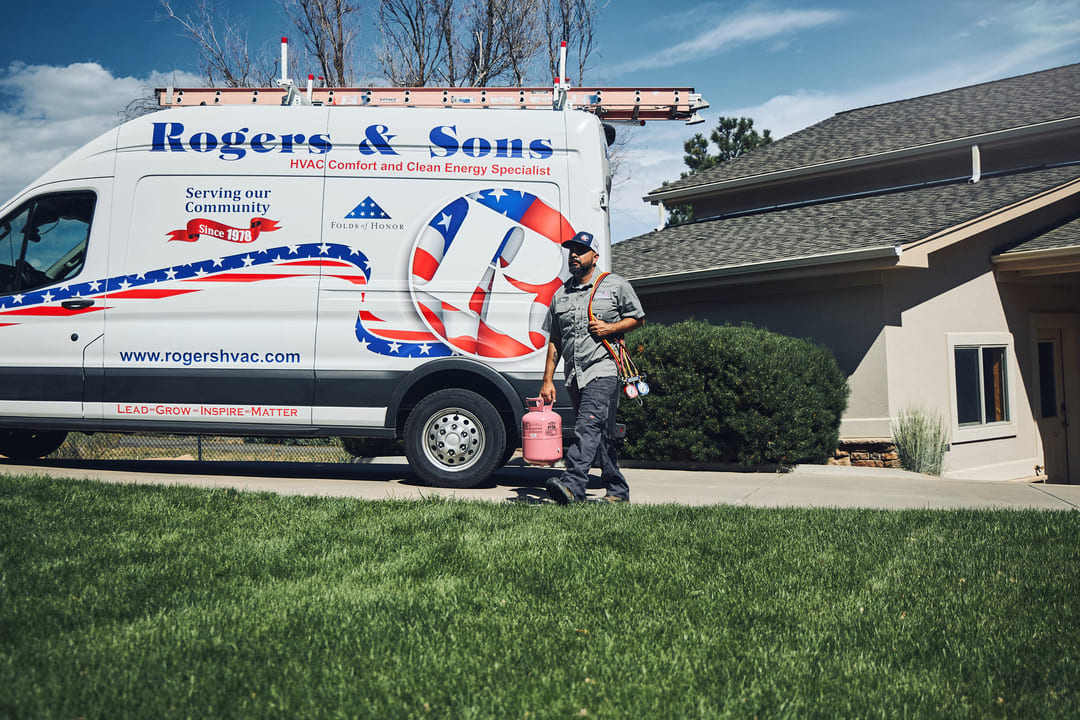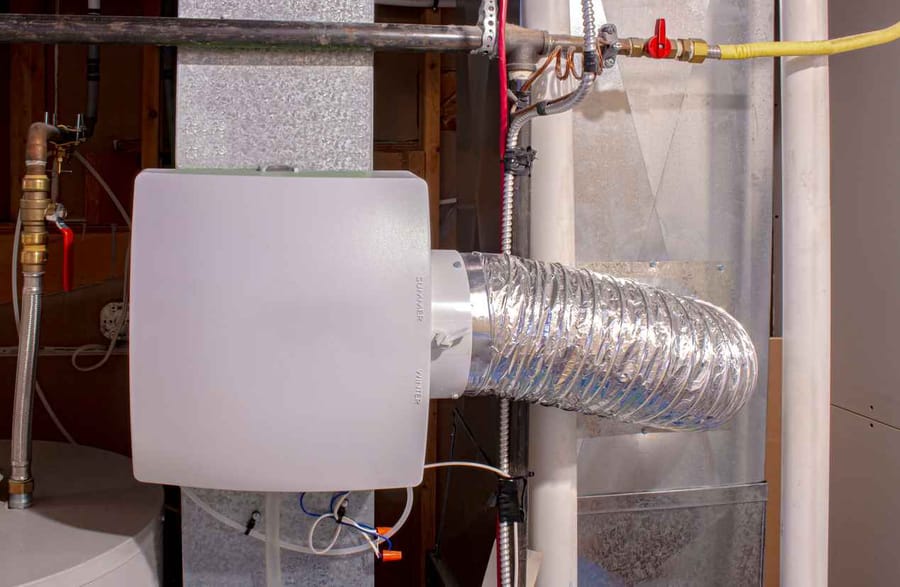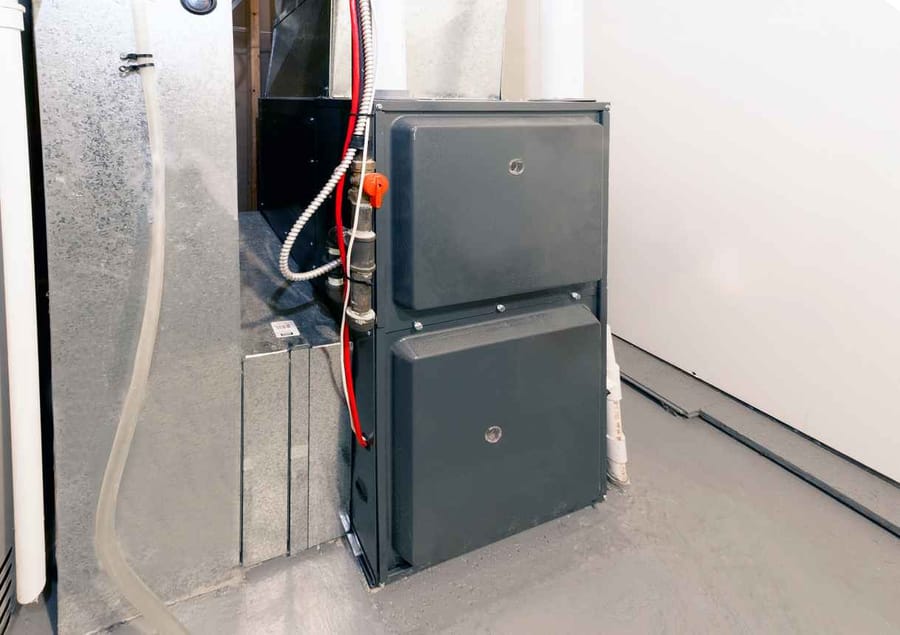greater Denver
Metro area
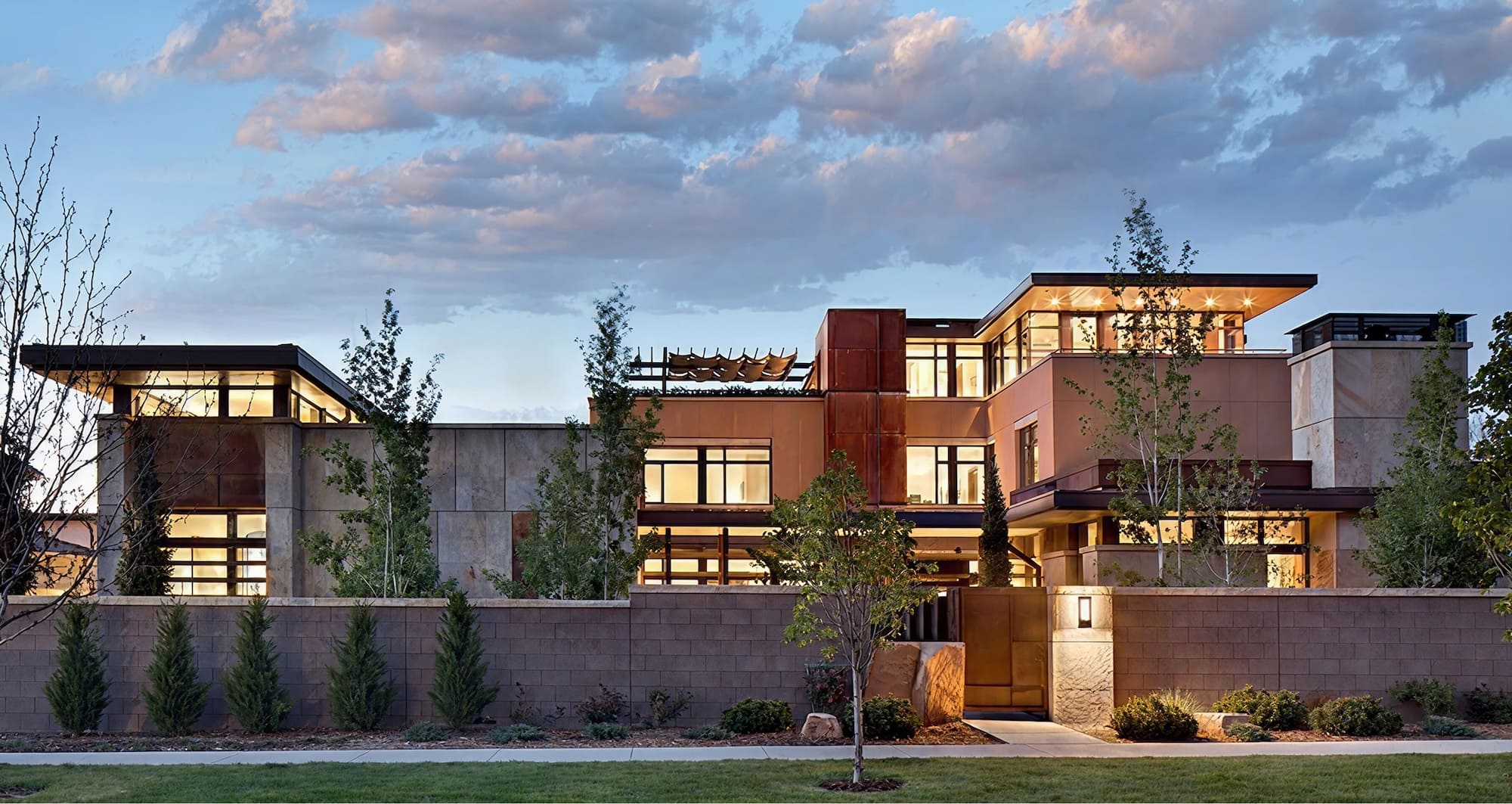
Top 5 Benefits of an Efficient HVAC System
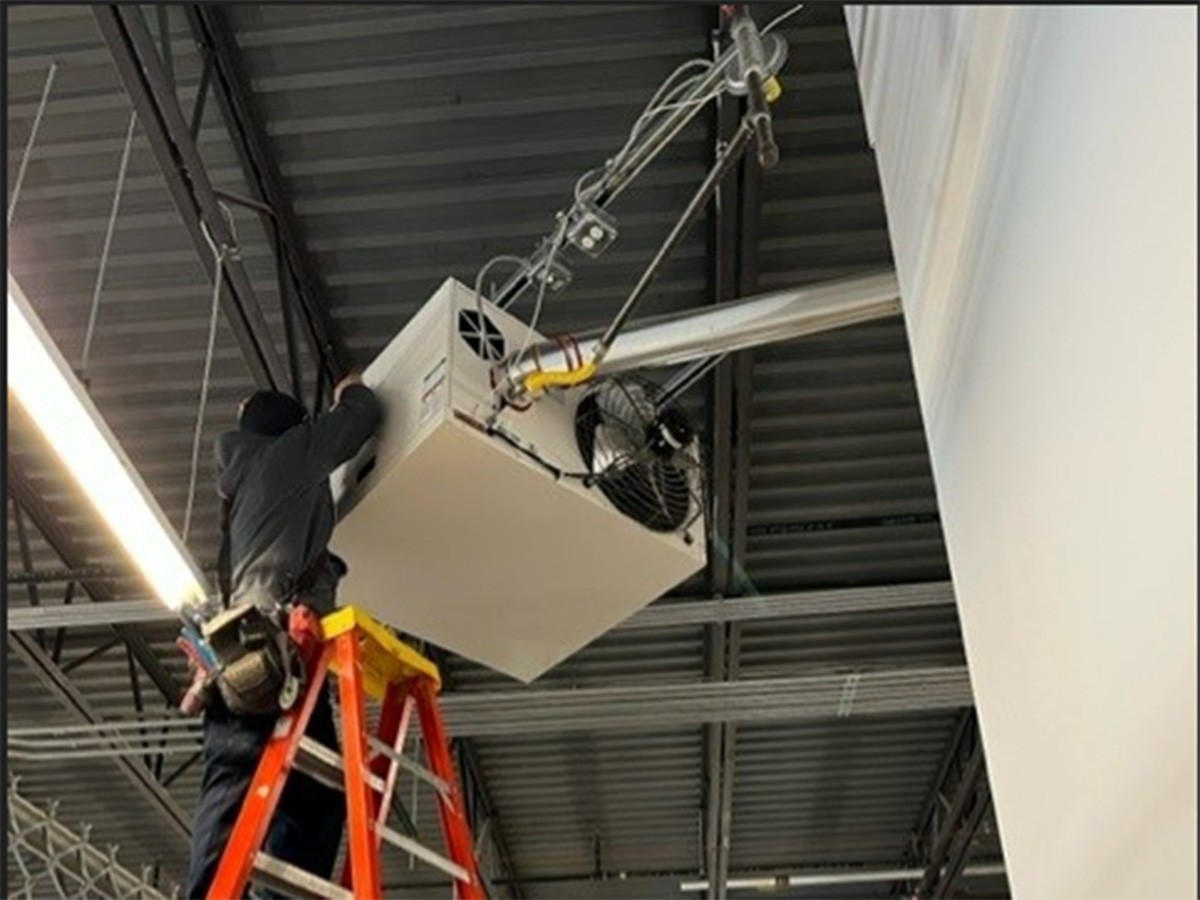
“High efficiency” is the new buzzword among contractors and construction specialists, especially in the HVAC world – but what does it really mean for you? You hear all the time about how an efficient HVAC system is supposed to benefit your building or bottom line in some way, but a lot of the talk around efficiency can be confusing, jargon-riddled, or even flat-out exaggerated.
In this blog post, we’ll candidly walk you through our top 5 benefits of an efficient HVAC system for commercial applications, and lay out exactly what these benefits will mean to you.
Lower Electricity Bills
That HVAC unit perched on top of your building may seem relatively small from a distance, but the truth is that it may be a bigger power hog than you think. HVAC units, especially older ones, can be a significant power drainer, taking up as much as half of your building’s monthly power costs or more – especially during the summer and winter months.
This is one area where a more efficient HVAC system can make a huge difference. Modern HVAC units can do all the work an older one can while using substantially less energy, which translates directly into savings for your and your business. And, what energy is used is used in a much more productive way – more power goes into the actual heating or cooling of your home, and less is wasted by the machine’s various functions.
HVAC inefficiency could secretly be one of the biggest costs of running your building, and investing in a newer, efficient HVAC system or components could mean a great return on investment.
Modern Comforts
While HVAC units have evolved in efficiency, they’ve also evolved in function. Modern HVAC units are compatible with several new technologies that give you unmatched control of your building’s temperature and air – chief among these is the smart thermostat, or the smart & efficient HVAC control system.
Equal parts sleek and convenient, smart thermostats or control systems allow you to precision-control your building’s temperature, airflow, energy usage and more – even from anywhere in the world. This lets you, for instance, set your HVAC to energy-saving mode when your building is closed for the night, then remotely warm up or cool your home or building again before it reopens – saving you money, without sacrificing any comfort.
Superior Filtration
A more efficient HVAC system means more efficient air filtration. Modern HVAC units can filter more air than older ones in a shorter span of time. For you, this mainly means two things: stronger airflow to each room, and cleaner air overall. If your home is suffering from stale, stagnant air, or your vents aren’t pushing out air like they used to, the issue may be your HVAC system’s age.
Likewise, if your air seems dusty, or if you or your visitors are suffering from allergies indoors during allergy season, consider investing in a more efficient HVAC system to fix the problem.
You Might Forget It’s There
If you’ve grown accustomed to the sound of your HVAC periodically roaring to life throughout the day, you may have an inefficient system on your hands. Newer, more efficient HVAC units have been refined to be as quiet as possible, seamlessly heating and cooling your space without even making a sound. Over time, those who use your building might even forget that it is there at all.
Better Reliability
Just like an old car breaks down more often than a newer, more innovative one, older HVAC units are more prone to failure than their more efficient counterparts. As old HVAC systems get older, so too do their parts get harder to find, and therefore more expensive, and the risk of breakdowns go up on top of that.
The last thing you or your business want is a broken HVAC and a freezing or sweltering building. When you upgrade to a more efficient HVAC system, you will mitigate the risk of expensive repairs and uncomfortable breaks in AC and heating operation, and secure peace of mind knowing your system is now equipped to run smoothly for years to come.
